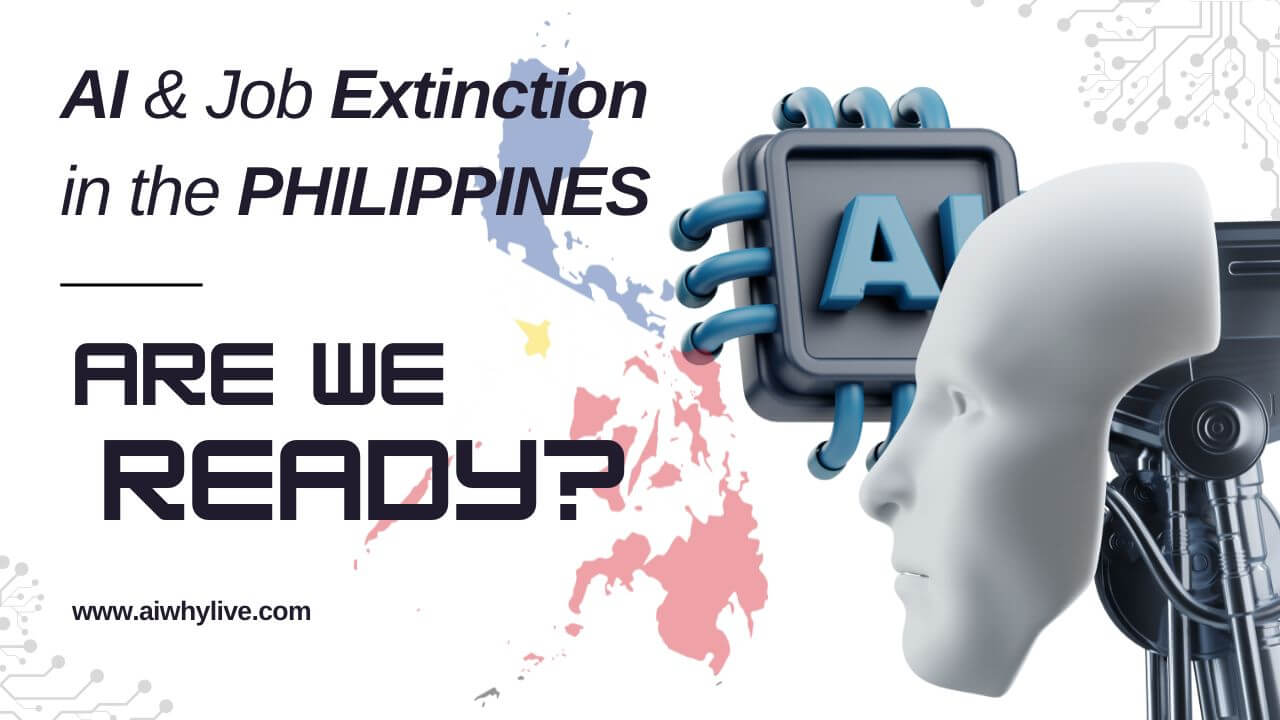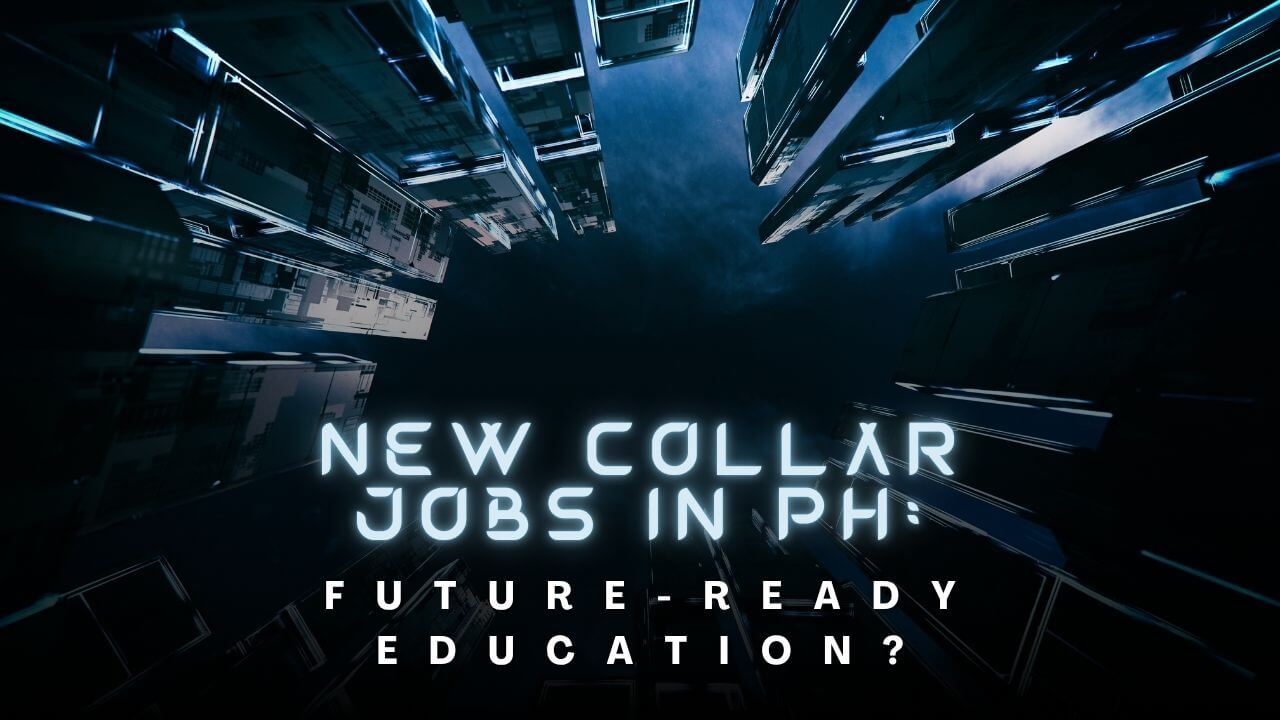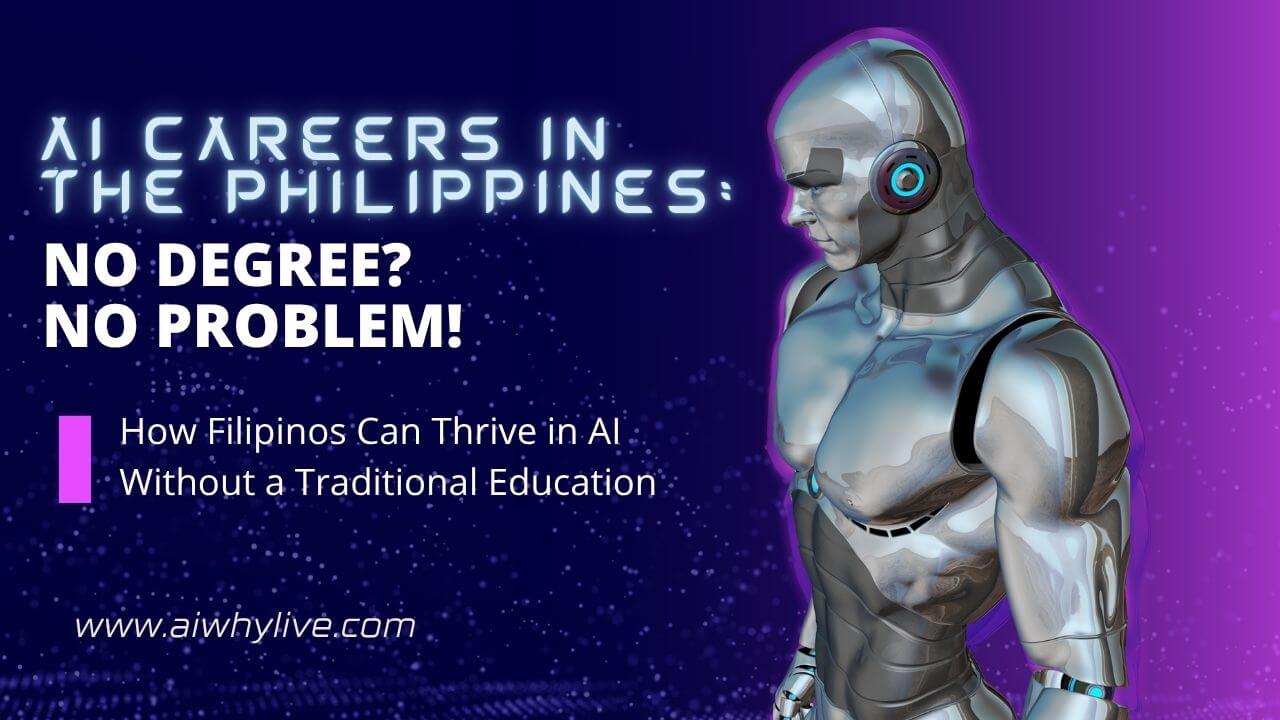The Disruptive Force of AI in Global Employment
A recent report titled “Mass Job Extinction: AI to Eliminate Traditional Roles by 2030”, published by MSN, highlights the sweeping changes artificial intelligence is set to bring to the workforce. AI is automating tasks once handled by humans, creating efficiencies while simultaneously erasing millions of jobs across industries. While this transformation is a global phenomenon, the Philippines—a nation heavily dependent on service-oriented industries—stands at a unique crossroads.
The question is no longer whether AI will replace jobs, but which industries will be hit hardest, and how Filipinos can prepare for the inevitable shift?
Industries in the Philippines Facing AI Disruption
🚨 The Risks: The Federation of Free Workers (FFW) warns that 5 million Filipino workers could lose jobs by 2025 due to AI and climate change, with 14% of the workforce highly exposed to AI replacement. The industries most affected include:
🔹 BPO & Customer Service: Automation and AI-powered chatbots are expected to replace millions of call center jobs, a cornerstone of the Philippine economy.
🔹 Manufacturing: AI-driven robotics will streamline production, reducing the need for manual labor. 🔹 Retail & Sales: AI shopping assistants and automated checkouts will challenge traditional store employees.
🔹 Transportation & Logistics: AI-powered systems for route optimization and driverless vehicles may replace transport workers.
🔥 Who’s Most Vulnerable? The IMF reports that half of all jobs held by women in the Philippines are highly exposed to AI, compared to only a quarter of men’s jobs. This disparity raises concerns about gender-specific job displacement and highlights the urgency for reskilling initiatives.
📌 RELATED READ: New Collar Jobs in the Philippines: Is Our Education System Ready?
The Other Side of AI: Emerging Opportunities
Despite the looming challenges, AI is not just eliminating jobs—it’s creating new work opportunities for Filipinos willing to adapt.
✅ AI Maintenance & Development – As AI systems become integral to businesses, skilled workers will be needed to manage, train, and troubleshoot these technologies.
✅ Data Science & Analytics – AI relies on data interpretation, making data analysts and AI ethics specialists crucial for ensuring proper implementation.
✅ Cybersecurity Experts – With automation comes increased cyber threats, driving demand for digital security professionals.
✅ Tech-Voc & Skilled Trades – AI is automating repetitive tasks, but highly skilled roles—such as electricians, engineers, and medical technicians—will remain vital.
These new-collar jobs emphasize skills over degrees, allowing Filipinos to shift toward professions driven by vocational training, boot camps, and certifications, rather than traditional university paths.
📌 RELATED READ: AI Careers in the Philippines: How Filipinos Can Thrive Without a Degree
Is Philippine Education Ready for the AI Shift?
With AI transforming the job market, the biggest concern lies in whether Philippine education and vocational training (including TESDA) can evolve fast enough to meet the demands of an AI-driven economy.
⚠ Traditional Curricula Lagging Behind – Many schools still focus on theoretical knowledge rather than equipping students with AI-ready, digital-first skills.
⚠ TESDA’s Role in the Future – TESDA has long been at the forefront of vocational training, but can its programs adapt rapidly enough to prepare Filipinos for AI-driven roles?
⚠ Reskilling is Urgent – If AI will replace millions of jobs, then millions of Filipinos must be retrained to compete in industries where human expertise remains indispensable.
Government agencies, educators, and private sector leaders must invest in AI training, foster lifelong learning programs, and promote AI-driven entrepreneurship to ensure Filipinos thrive rather than struggle in an AI-dominated future.
Conclusion: AI is Here—The Philippines Must Adapt
The impact of AI is undeniable. While traditional jobs are disappearing, the future belongs to those who can adapt, reskill, and embrace new opportunities in an AI-powered world. The next few years will be critical—will the Philippines proactively train and empower its workforce, or will millions be left behind in an economy evolving at breakneck speed?
🔎 Stay informed, stay adaptable, and embrace AI as a tool, not a threat. Dive into AI-powered insights and career transitions at AIWhyLive.com and explore how Filipinos can future-proof their careers today. 🚀







